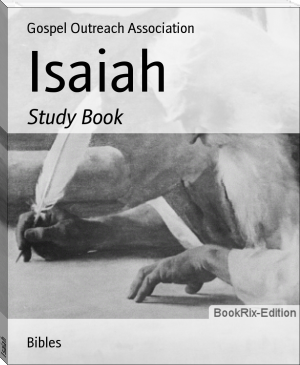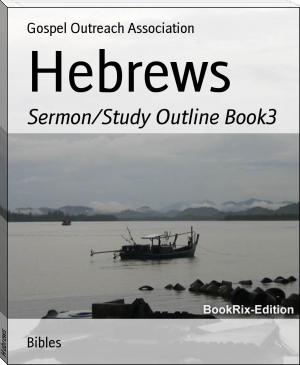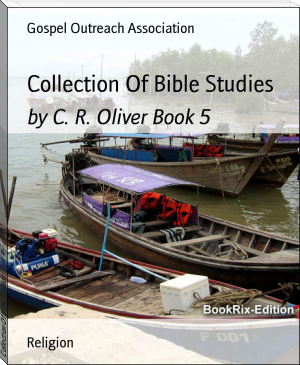Author's e-books - free. Page - 7

James declares there are two Wisdom Systems operating at all times. Because of the disparity between the two, he chose to describe them by condensing them to their lowest denominator. Splaying from both of these descriptors are strands of thoughts, actions and designs which originate from their source base. All kinds of activities and consequences emanate from the two core generators.

Grace is an active, live ingredient, not a passive covering. Grace is the equivalent of an umbilical between the heart of God and the heart of the spirit man. It nourishes, even when the people of God are unaware of its actions. Grace delivers the sufficiency to overcome evil and grow the inner man toward the stature of Christ. Grace, however, refuses the company of the three confrontations Paul made with the Corinthian church: immorality, division and judgmental Pharisee-ism. Grace is never a covering for sin.

For the first study of the New Year 2013 and continuing the series on Grace, our focus will be based on three passages in Paul's epistle to Titus. In these three passages, the reader will learn that the "Grace" Paul talks about in his salutary remarks is greater in dimension than what is held in common concepts today. He greatly refines his reader's understanding in the second and third passages of this discussion. Incorporating all the aspects addressed in Chapters 2 and 3, his opening lines about "grace, mercy and peace" take on a broader field.

Isaiah is the great "Re-introducer of God." In profound language, both in prose and poetry, he addresses a nation that had "forgotten with Whom they were dealing." In today's study of the first five chapters, there builds a crescendo of interaction between God and His people that will culminate in the wonderful sixth chapter.

James declares there are two Wisdom Systems operating at all times. Because of the disparity between the two, he chose to describe them by condensing them to their lowest denominator. Splaying from both of these descriptors are strands of thoughts, actions and designs which originate from their source base. All kinds of activities and consequences emanate from the two core generators.

Grace is an active, live ingredient, not a passive covering. Grace is the equivalent of an umbilical between the heart of God and the heart of the spirit man. It nourishes, even when the people of God are unaware of its actions. Grace delivers the sufficiency to overcome evil and grow the inner man toward the stature of Christ. Grace, however, refuses the company of the three confrontations Paul made with the Corinthian church: immorality, division and judgmental Pharisee-ism. Grace is never a covering for sin.

For the first study of the New Year 2013 and continuing the series on Grace, our focus will be based on three passages in Paul's epistle to Titus. In these three passages, the reader will learn that the "Grace" Paul talks about in his salutary remarks is greater in dimension than what is held in common concepts today. He greatly refines his reader's understanding in the second and third passages of this discussion. Incorporating all the aspects addressed in Chapters 2 and 3, his opening lines about "grace, mercy and peace" take on a broader field.

Isaiah is the great "Re-introducer of God." In profound language, both in prose and poetry, he addresses a nation that had "forgotten with Whom they were dealing." In today's study of the first five chapters, there builds a crescendo of interaction between God and His people that will culminate in the wonderful sixth chapter.





